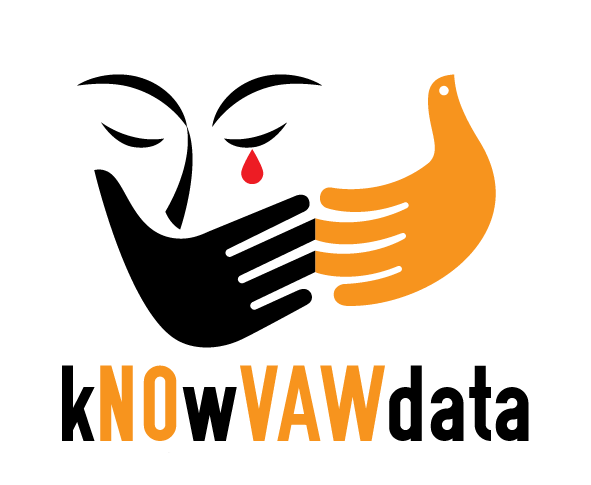Media
Recent Publications
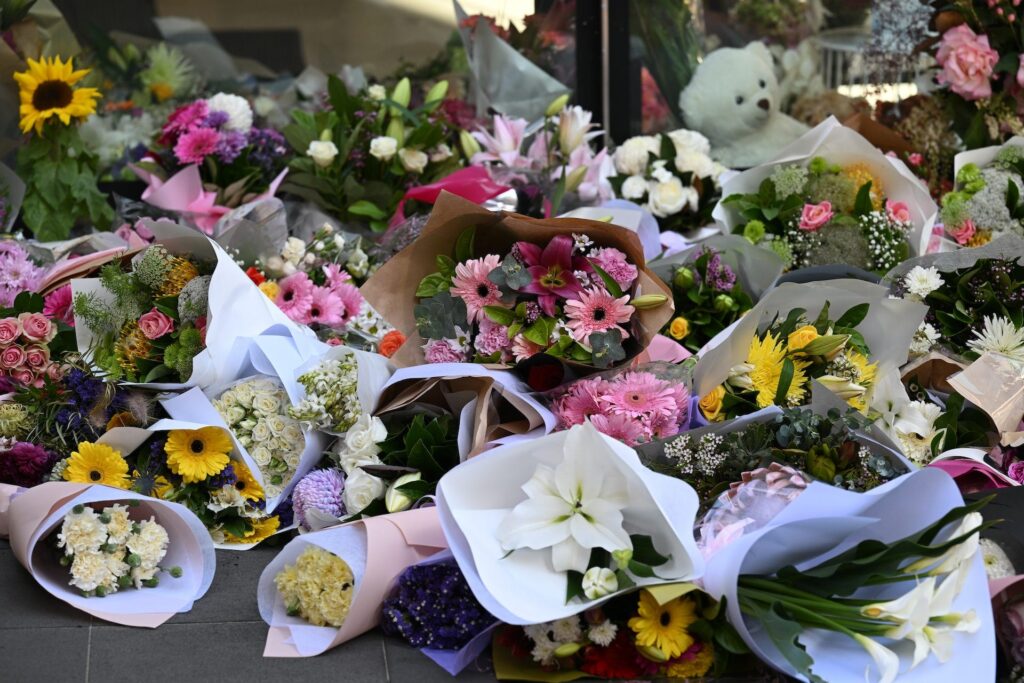
49 women have been killed in Australia so far in 2023 as a result of violence. Are we actually making any progress?
As of November 17, 49 women have been killed in Australia this year as a result of violence; 28 were allegedly killed at the hands of a male intimate or ex-intimate partner.
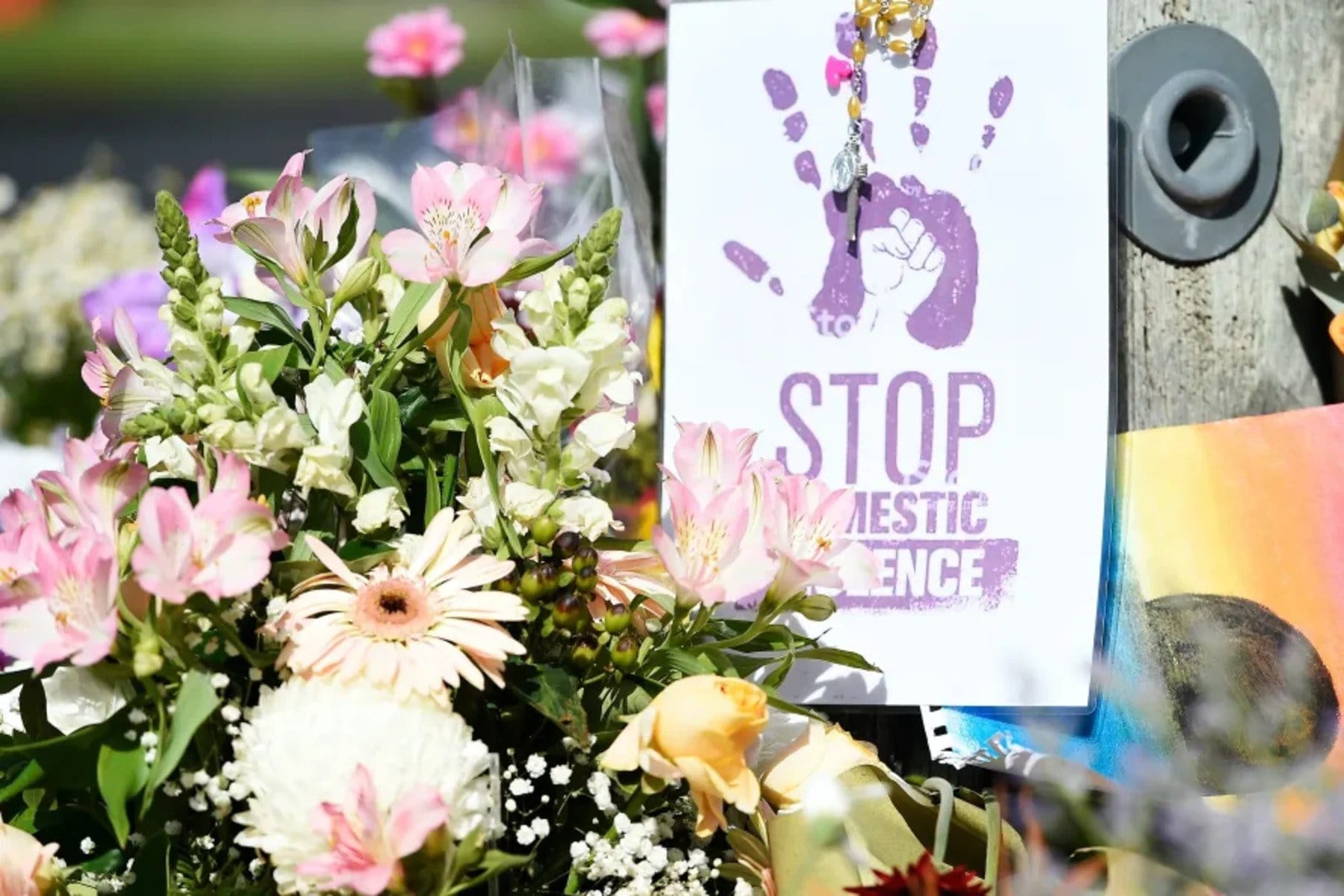
Domestic Violence linked to Alcohol Use is a National Emergency
Alcohol and other drug use increases the severity of violence towards victim survivors, but the drug and alcohol sector and the domestic violence sector remain stubbornly siloed
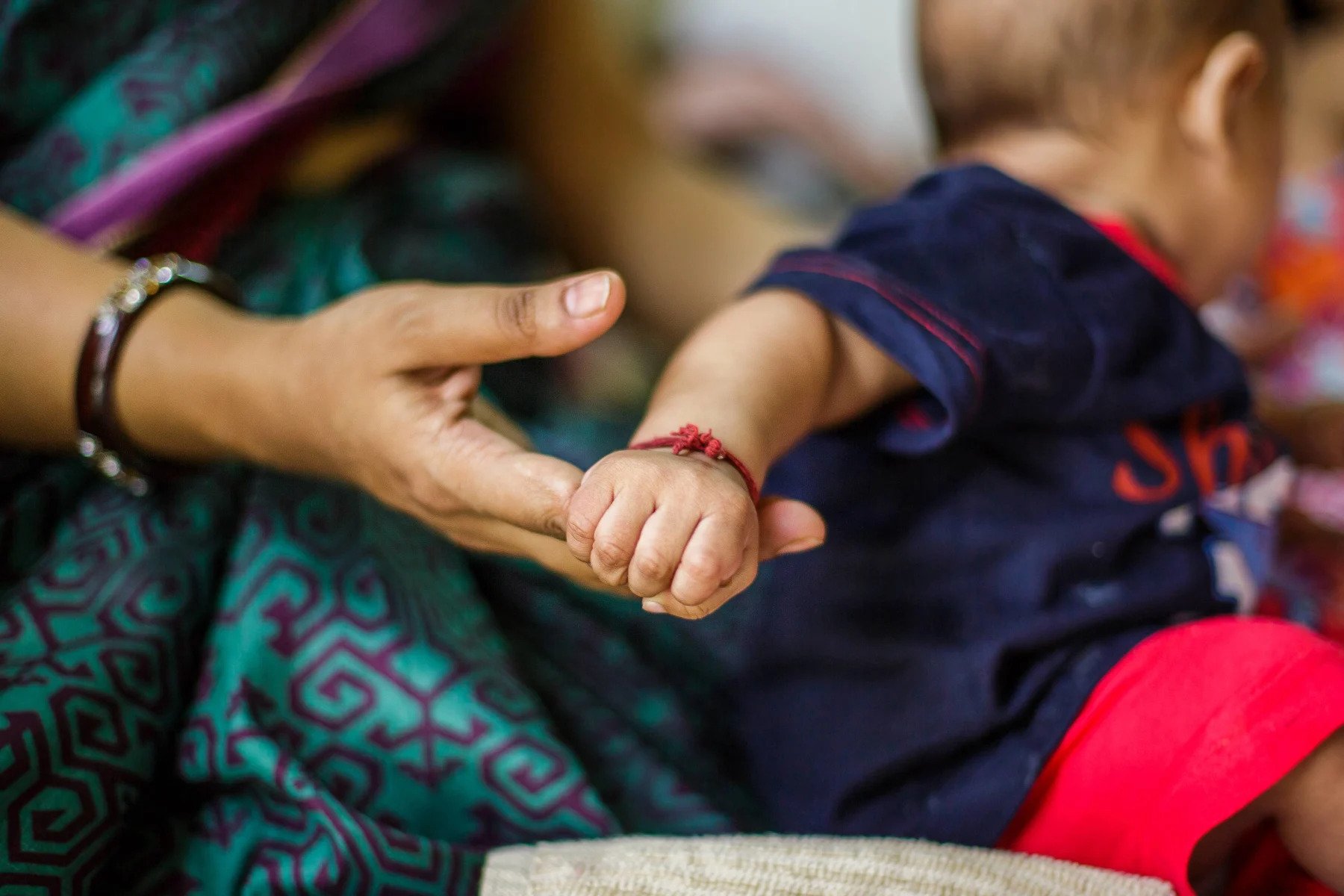
On the Frontline of Family Violence in the Asia Pacific
Globally, women and children bear the brunt of family violence. A project in the Asia Pacific is working to make a difference.
kNOwVAWdata delivered online in the Pacific
The University of Melbourne, in partnership with UNFPA, ANROWS and DFAT developed the ‘kNOwVAWdata Course on the Measurement of Violence Against Women’.
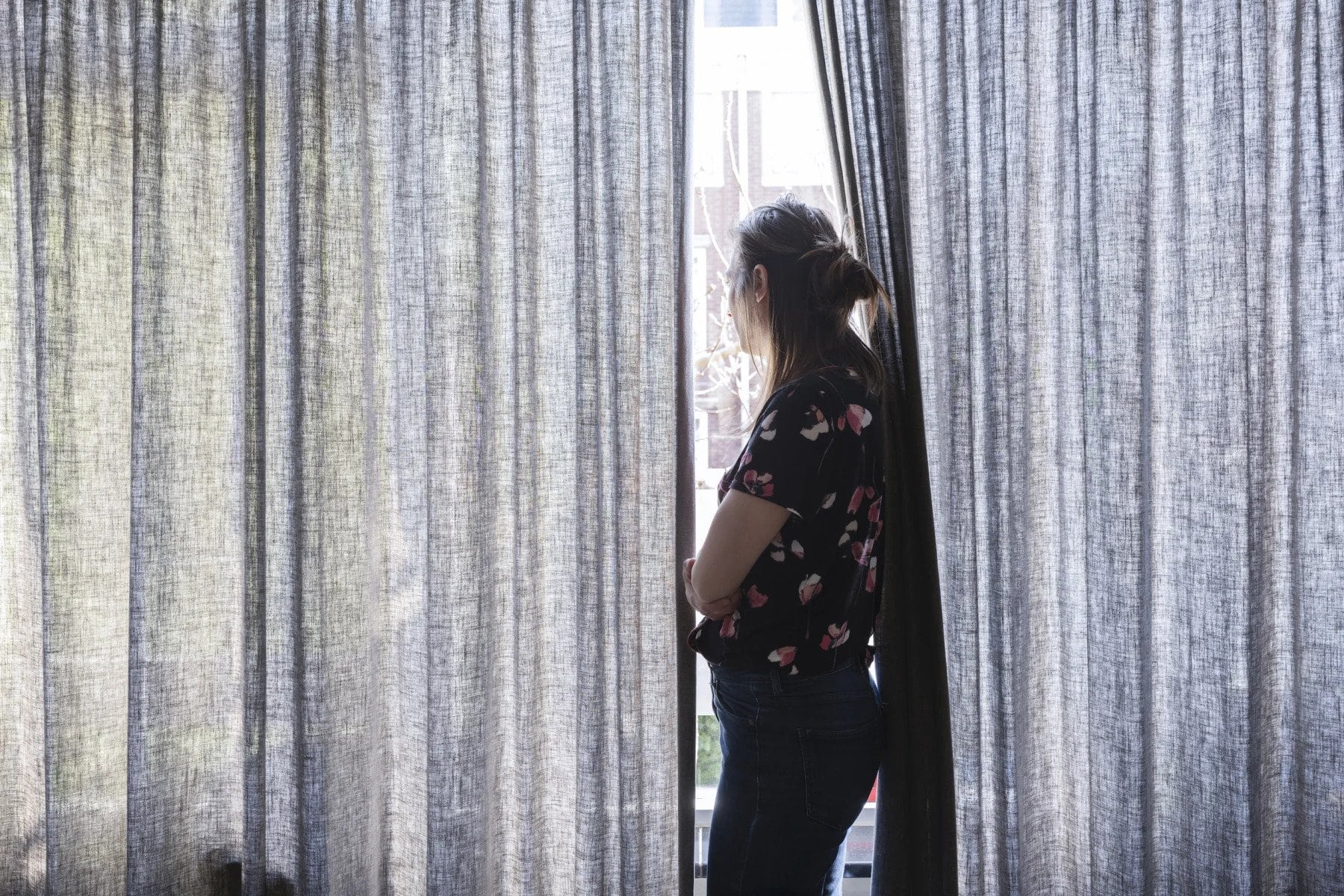
The unexpected drop in intimate partner violence
It should be exciting to say that cases of violence against women dropped during COVID, but we need to understand the big picture.
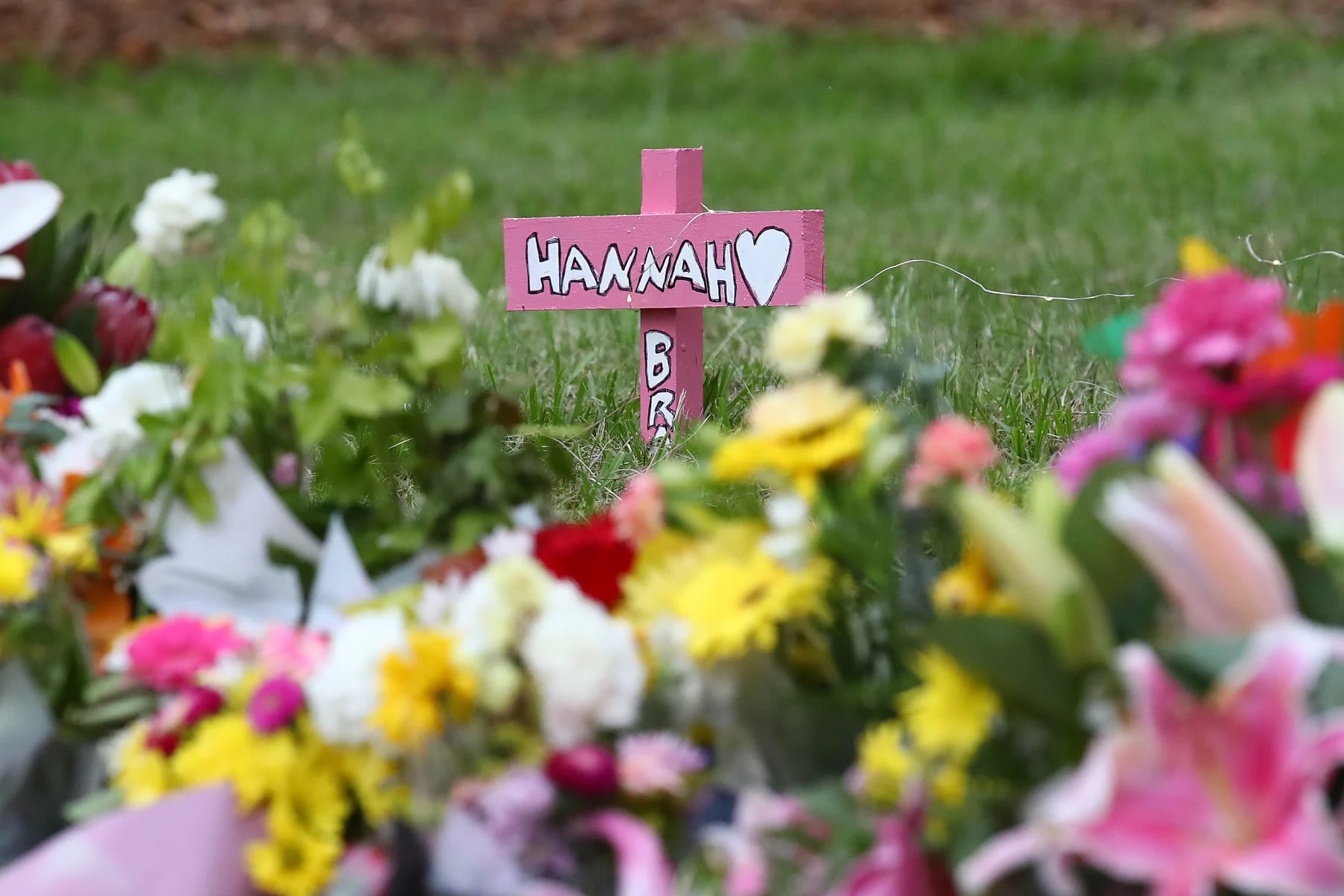
No place for ‘good bloke’ excuse
Media coverage of domestic violence is important and must be responsible if it is to avoid fuelling or excusing violence say University of Melbourne experts.

How do young Australians see violence against women?
New research from the University of Melbourne finds that young Australians’ understanding of sexism, violence and abuse against women needs more education.

Making every woman count
University of Melbourne researchers are helping the Asia Pacific to collect better data on the lives of women in order to better tackle inequality and violence.

Making the link between family violence and animal abuse
The University of Melbourne is co-hosting this year’s Domestic Violence and Animal Abuse conference, on the link between pet abuse and family violence.

Safe at home or sitting target?
Family violence is a major cause of homelessness, and University of Melbourne researchers have found those women trying to stay at home face higher safety risks.

Four in ten Australians think women lie about being victims of sexual assault
Four in ten Australians (42%) think sexual assault accusations are a way of getting back at men, according to the fourth National Community Attitudes Survey (NCAS) on violence against women.

Young Australians’ views on domestic violence are cause for concern – but also hope
Young Australians are more likely to blame victims and excuse and minimise violence against women, according to the latest in a series of results from the 2014 National Community Attitudes Towards Violence Against Women Survey.

Reforms to Victoria’s family violence responses must close the web and bring perpetrators into view
Victoria’s Royal Commission into Family Violence identified the invisibility of perpetrators as a key system fault. Its final report recommended an improved web of accountability that would link the family violence, justice, health and human services sectors to ensure perpetrators are visible and accountable.
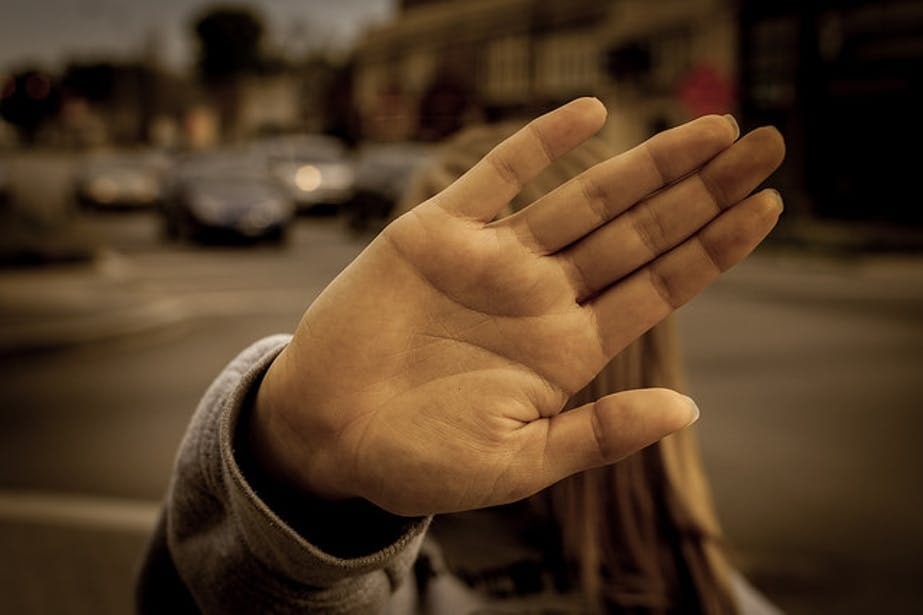
Australians still trivialise and excuse violence against women
The latest National Community Attitudes Survey on Violence against Women (NCAS) shows that most measures of community understanding and attitudes on violence against women have not improved in Australia in almost 20 years. In some areas, they’ve worsened.

To change attitudes to family violence, we need a shift in gender views
In her opening statement at the public hearings of Victoria’s Royal Commission into Family Violence, commissioner Marcia Neave said family violence’s causes are deeply embedded in community attitudes about gender, and about what is and what is not legitimate and appropriate between intimate partners and within families.
